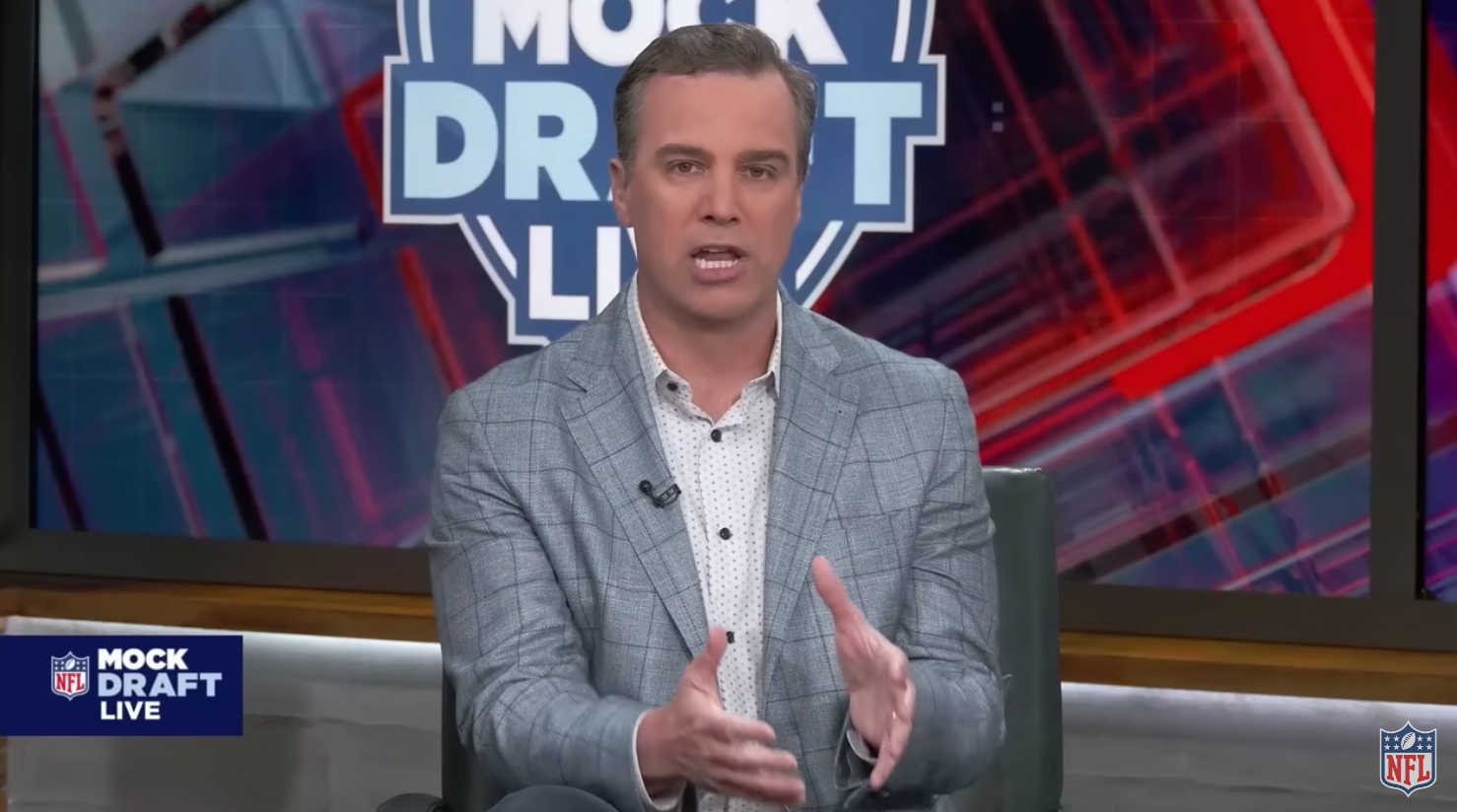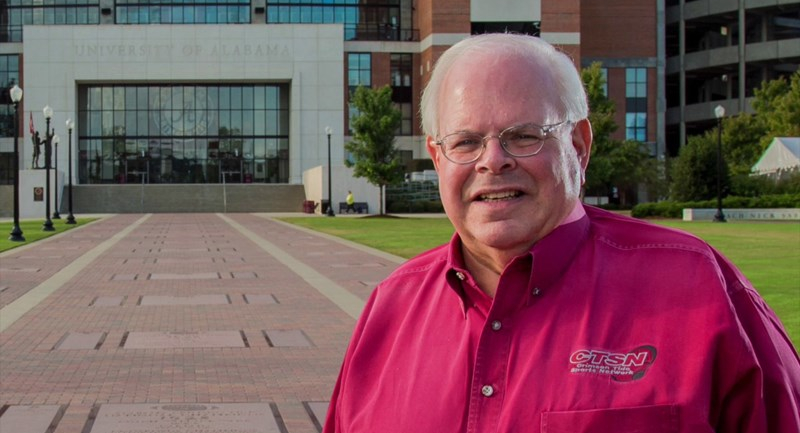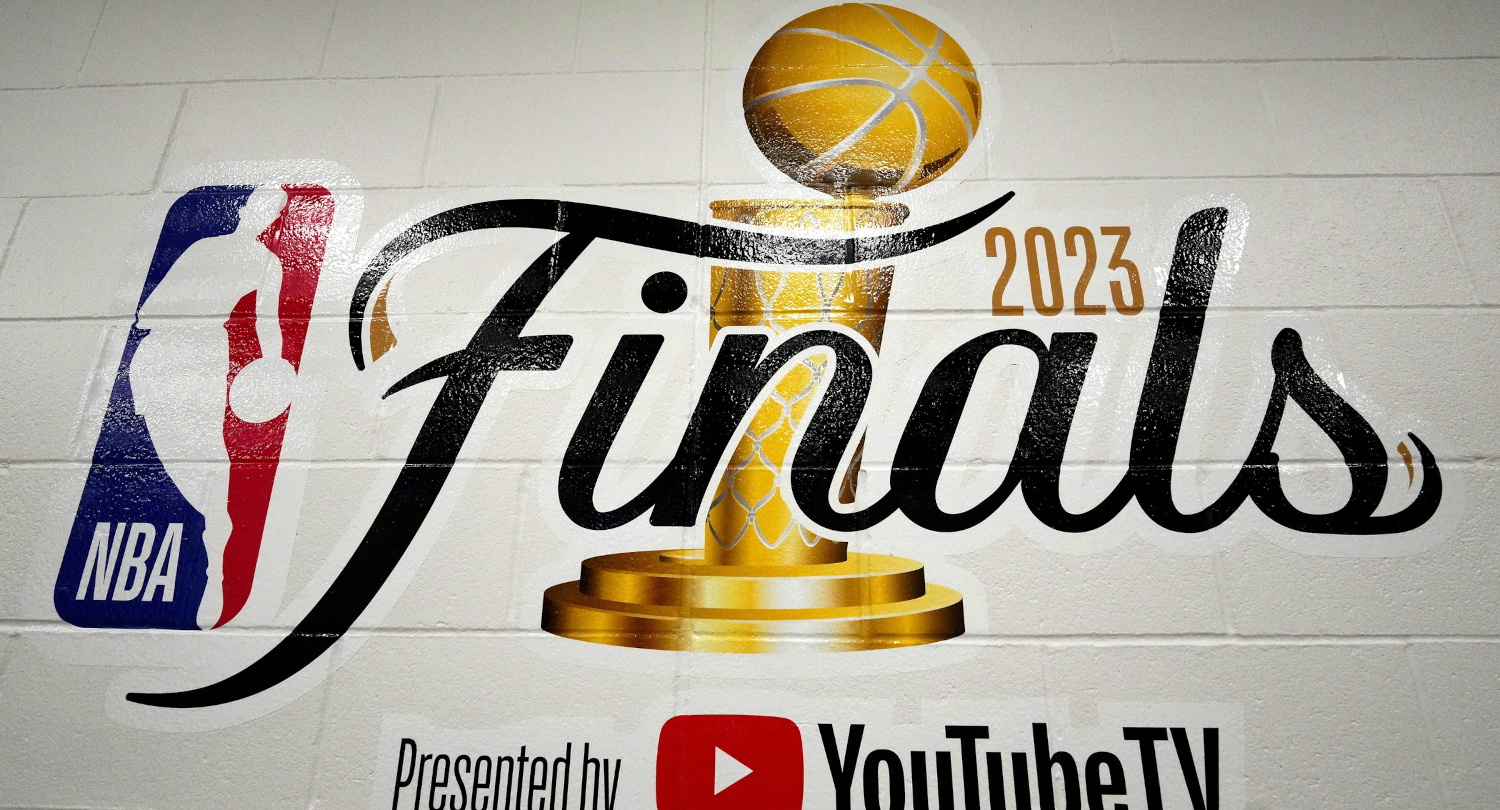Oklahoma and Texas are on their way to the SEC, no later than 2025. It will almost certainly be sooner, via some kind of buyout/payoff/lawsuit, but until then the Sooners and Longhorns remain part of the Big 12.
But with the SEC formally accepting the new schools into the fold, Oklahoma president Joe Harroz pointed to media partners as a major reason why the SEC was appealing for the football program. Specifically, Harroz mentioned Oklahoma’s distaste for Fox’s Big Noon Saturday scheduling, which placed multiple OU games at 11 AM local time.
From the AP’s Paul Weber:
“What has changed between 2012 and today?” Harroz said. “The answer is everything.”
Harroz said it became apparent the Big 12 would be “last in line” for television networks among the power conferences when it came to landing a new TV deal. That would mean, among other issues, more less-than-desirable 11 a.m. kickoffs for many games for the Sooners.
…
“Being last in line has consequences,” Harroz said. “You’ve heard conversation from (Castiglione) talking about not enjoying 11 a.m. kickoffs. Our fans talk about that. It also matters to student-athletes. When those who go before you, in terms of negotiations for 2025 and beyond, if those premiere slots are already taken up, it impacts things in a material way. It translates into disadvantages in recruiting the top talent, disadvantages for our student-athletes and a detriment to the fan experience.”
Back in May, the school released a statement lamenting the decision to put Oklahoma’s game against Nebraska this fall at 11 AM Central, which in retrospect feels like a pretty early sign of discord for the Big 12’s main attractions.
Statement from @soonerad on the OU-Nebraska football game: pic.twitter.com/p6fUJBwW5e
— Oklahoma Sooners (@OU_Athletics) May 27, 2021
Now, as the Big 12 accuses ESPN of engineering the entire shakeup (going so far as to issue cease-and-desist orders), it’s interesting to look at how another network’s actions may have also unsettled things. Obviously Fox has a vested interest in boosting their own ratings, as they attempted to chip away at that ESPN college football dominance.
A university president going in on Fox is a stark reminder that media deals and decisions really do have major repercussions, and how quickly things can change when that working relationship goes from alliance to adversarial.







